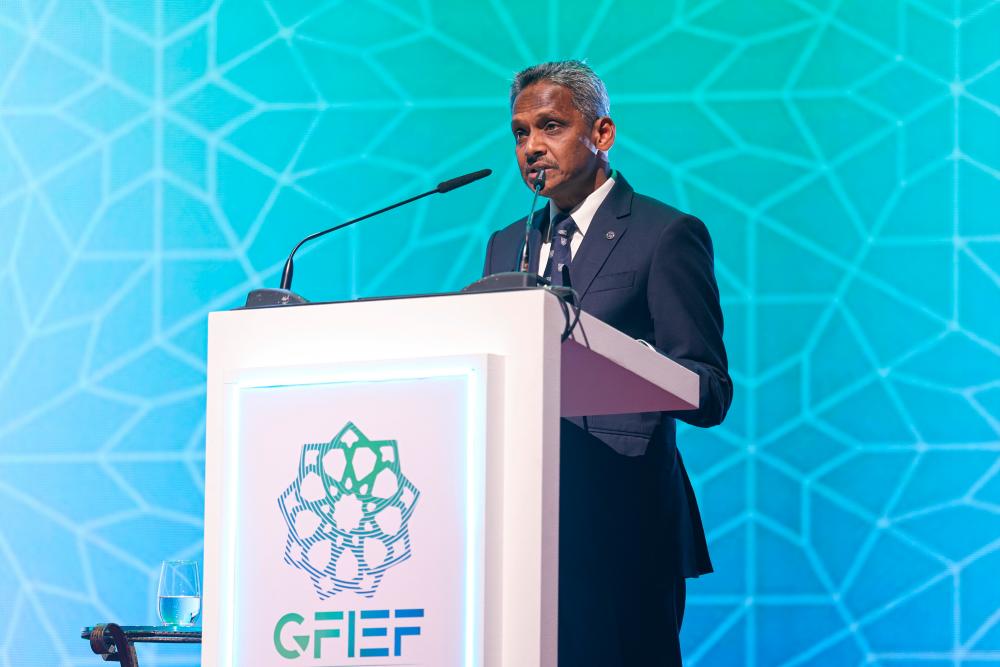KUALA LUMPUR: Bank Negara Malaysia governor Datuk Shaik Abdul Rasheed Abdul Ghaffour today stressed on the need to improve regulatory frameworks to facilitate the use of a more diverse range of syariah-compliant financial contracts.
He also advocated closer collaborations with multilateral institutions and investors to drive the initiative forward.
“We look forward to the efforts that will support these propositions. This includes closer engagements with multilateral institutions and investors, as well as initiatives to enhance the regulatory environment to facilitate the application of a more diverse range of syariah contracts,” he said at the Global Forum on Islamic Economics and Finance with the theme “Shaping a Resilient Global Islamic Economy through Values-based Reforms”.
According to the central bank governor, there are three propositions for consideration – first, embodying Maqasid al-Shariah in economic and sustainable structural reforms; second, advancing innovation in tijari (trade) and waqf as catalysts to reinforce an inclusive and resilient socio-economic model, where Islamic finance plays a greater role in delivering value-based solutions; and, third, strengthening global integration to propel mutual economic development and shared prosperity among Islamic nations, including through increased intratrade within the Organisation of Islamic Cooperation.
Abdul Rasheed pointed out that there are a myriad of opportunities and challenges facing the global economy.
“Global trade is expected to strengthen, inflation is moderating, and positive labour market conditions continue to support global growth.”
Nevertheless, he said, downside risks remain as the threat of further escalation of geopolitical tensions persists, and higher-than-anticipated inflation out-turns might contribute to further volatility in the global financial markets.
“The climate crisis and environmental degradation also looms large, not only wreaking havoc in our physical world, but also threatening the lives and livelihoods of many. It is estimated that if no mitigating actions are taken, climate change could slice off up to 18% of global gross domestic product by 2050,” he emphasised.
These headwinds will aggravate economic inequality – widening disparities not only across, but within, countries, Abdul Rasheed said.
“The principles of Islamic economics and finance hold the promise of driving value-based growth, beyond mere profit goals – one that is balanced, progressive, sustainable and inclusive. Aligned with the objectives of syariah, we are called to foster shared prosperity,” he added.
He said the fundamental values of Islamic economics and finance offer a way forward to reflect and rethink our approaches in addressing challenges facing the global economy.









